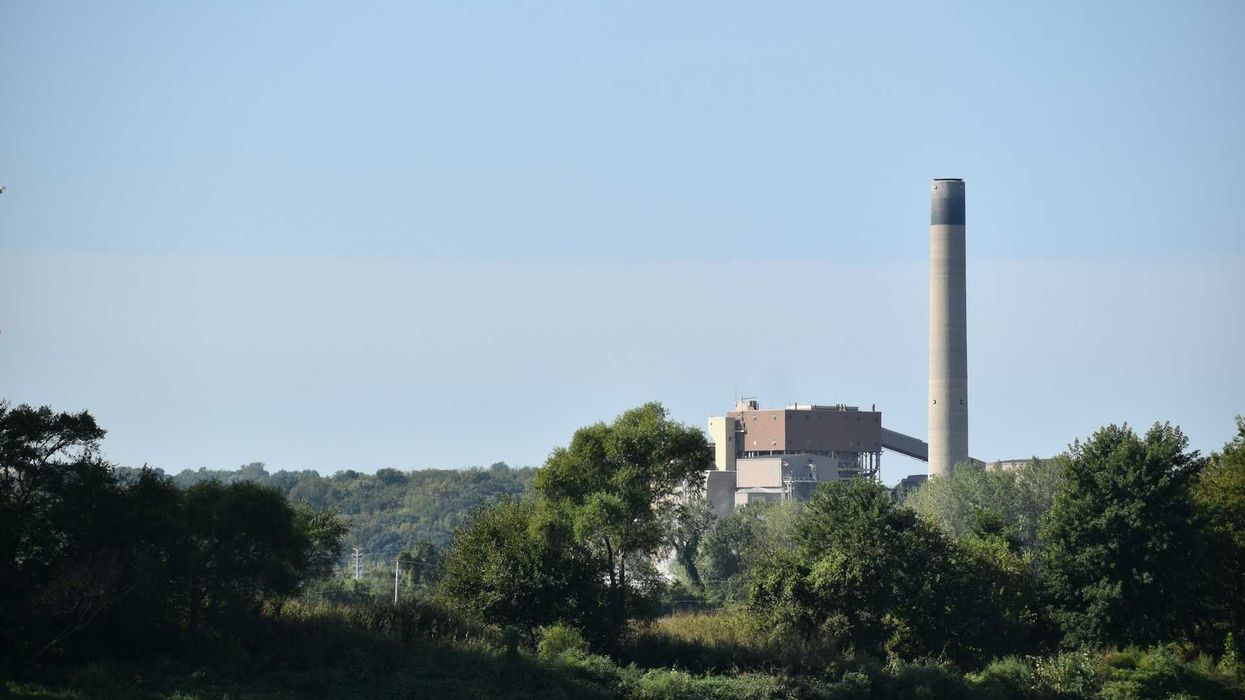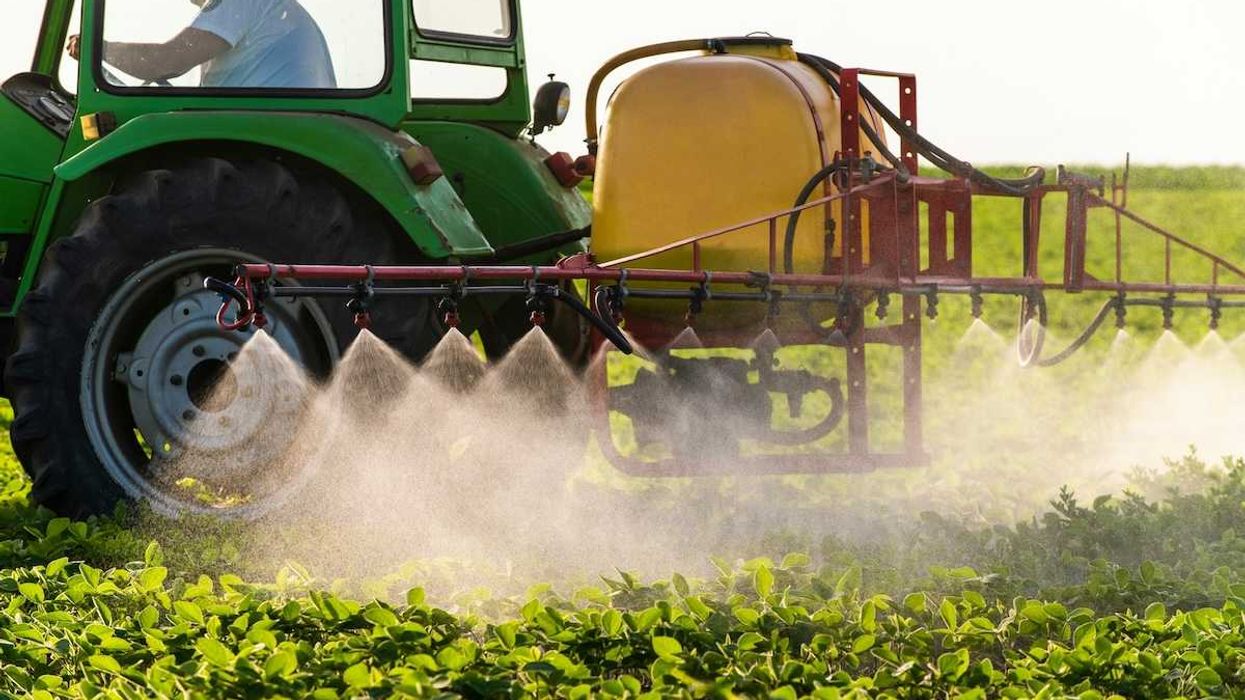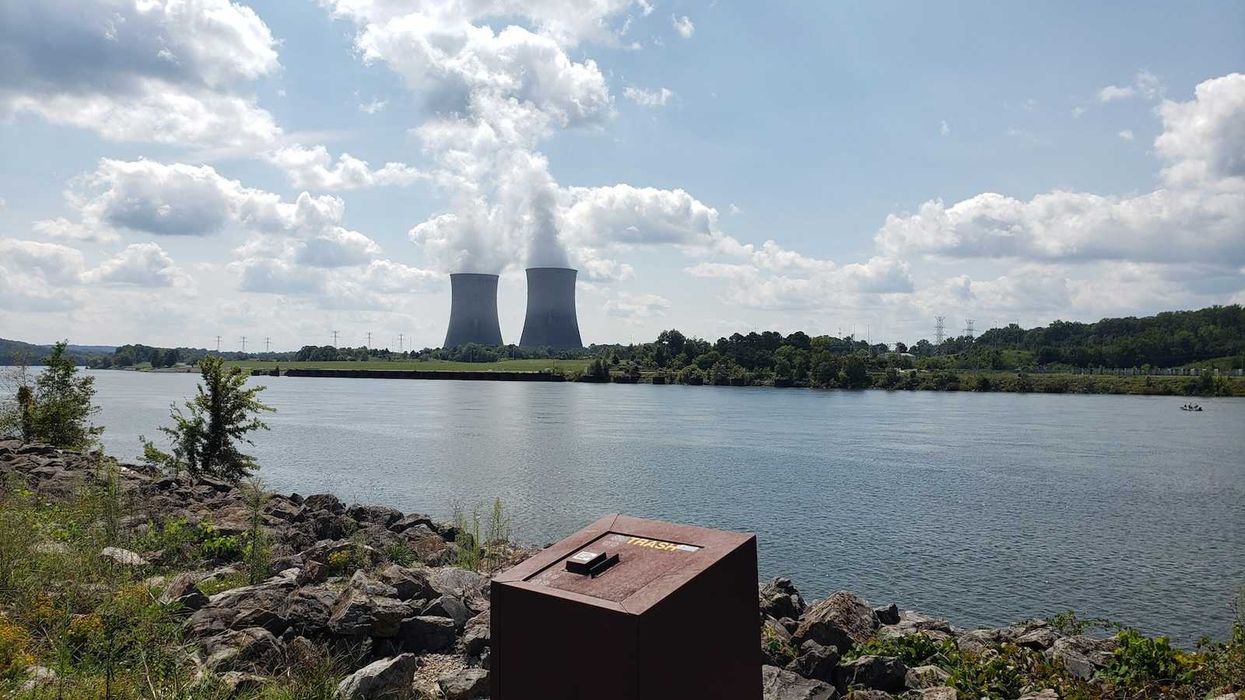A new documentary airing on PBS tracks the link between fracked gas, U.S. plastics manufacturing, and global pollution, focusing on communities near major petrochemical plants in Louisiana and Pennsylvania.
Kiley Bense reports for Inside Climate News.
In short:
- "Single-Use Planet" investigates how fracked natural gas feeds ethane cracker plants that produce plastic, spotlighting Shell's facility in Beaver County, Pennsylvania.
- The film reveals how tax subsidies and political donations enabled the construction of large petrochemical plants, despite local resistance.
- Residents near these plants report noise, odor, and pollution, while researchers and activists question the promised economic benefits.
Key quote:
“It was a $1.6 billion subsidy provided by our legislators in our state capital in Harrisburg. They’re the ones that invited … Shell.”
— Steve Cowan, producer and director of "Single-Use Planet"
Why this matters:
Plastic pollution often grabs headlines when it washes up on beaches or chokes marine wildlife, but its roots stretch far inland — to places like Appalachia, where the fracking boom feeds a rapidly expanding petrochemical industry. In Beaver County, Pennsylvania, a massive Shell plastics plant — built with nearly $1.7 billion in state tax breaks — stands as a symbol of this hidden front in the plastic crisis. Fueled by fracked natural gas, the plant churns out the raw materials for plastic packaging, utensils, and countless other single-use products that flood global markets. Nearby residents have reported increased industrial noise, flares lighting up the night sky, and heightened concerns about air and water quality.
For a deep dive into the Shell's Beaver County ethane cracker plant, check out The Titans of Plastic, Kristina Marusic's investigation for EHN and Sierra Magazine.
Related EHN coverage:














